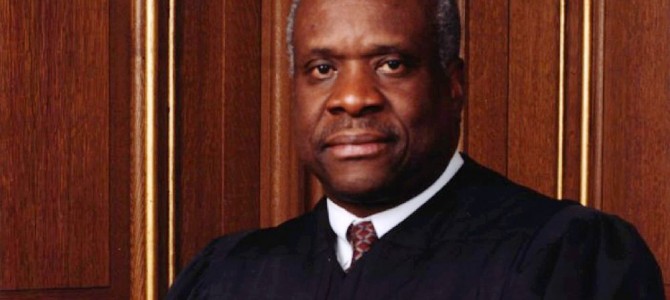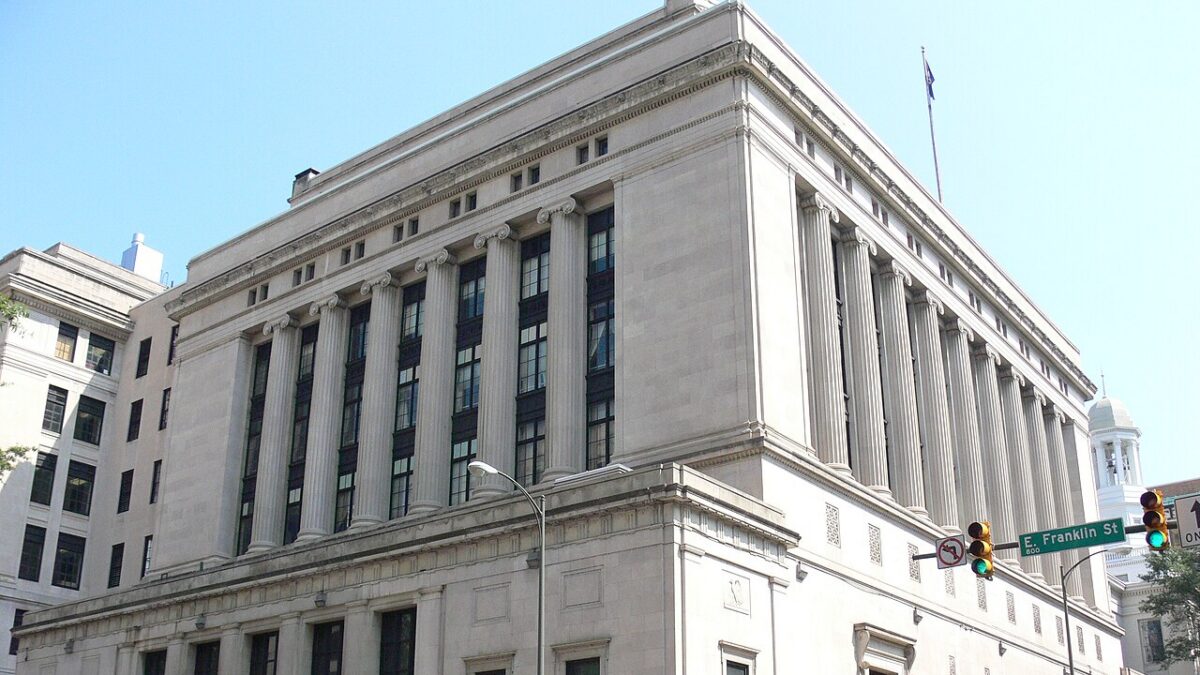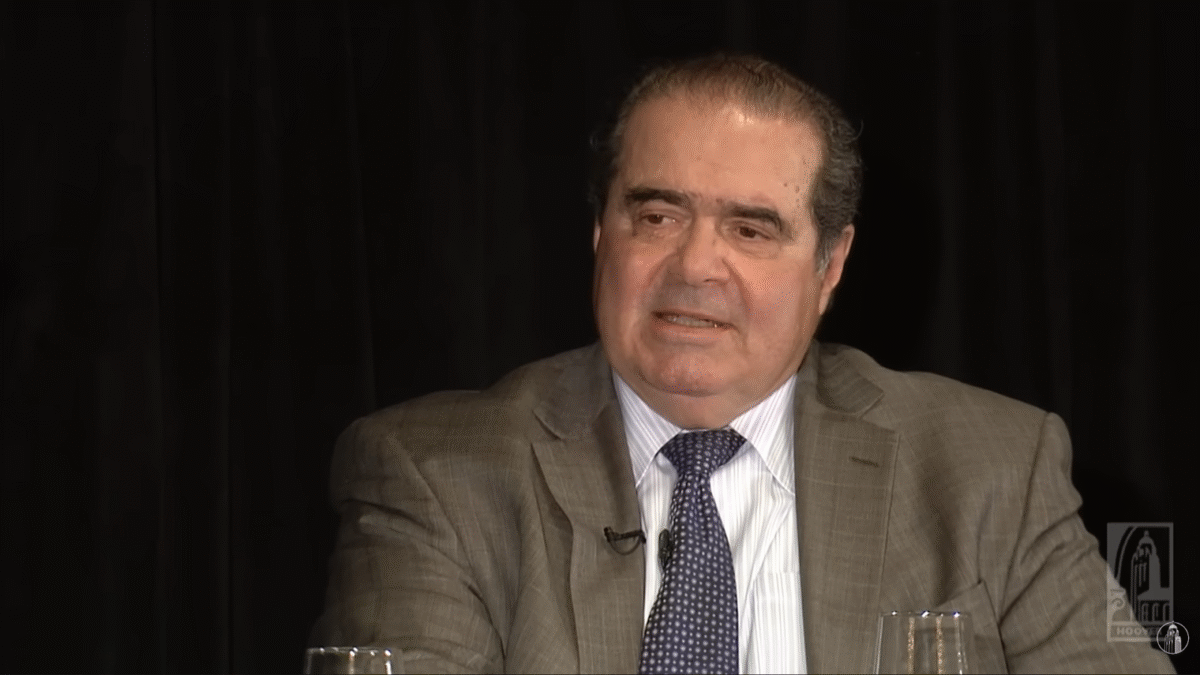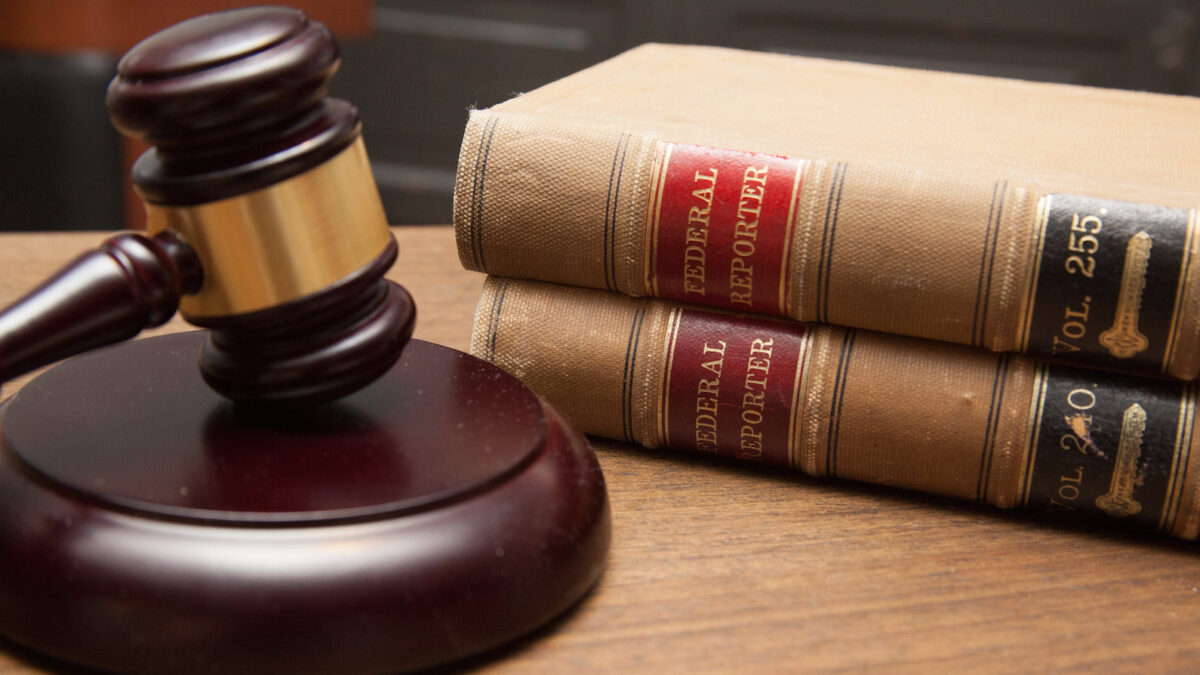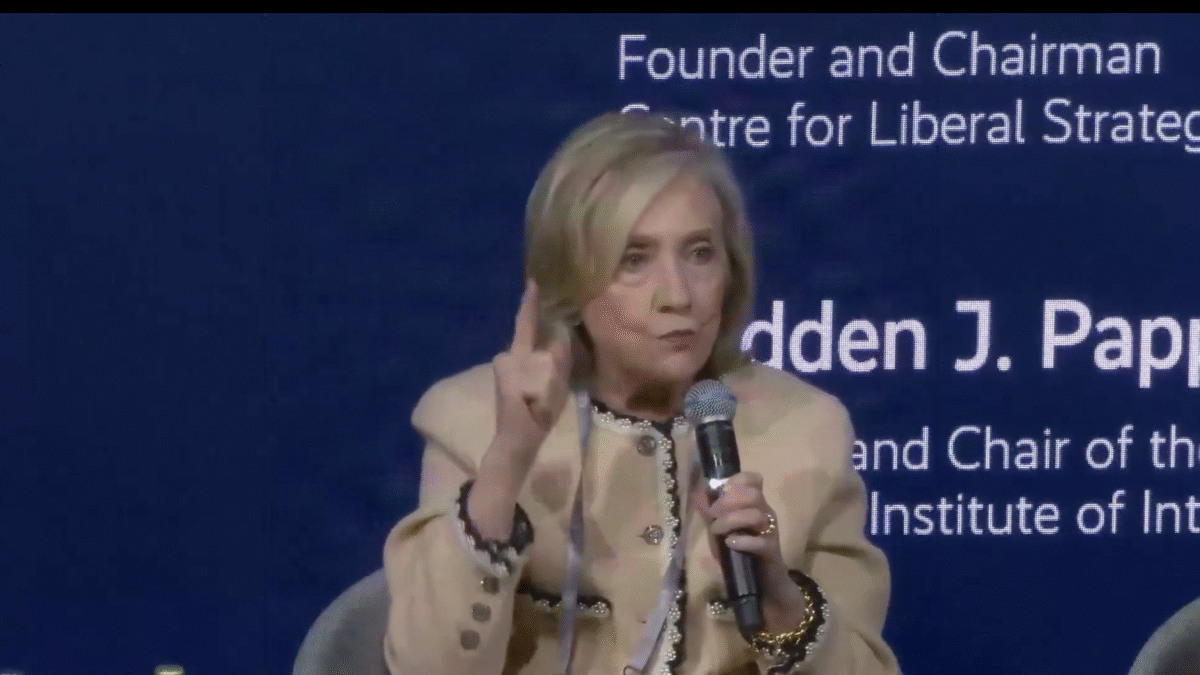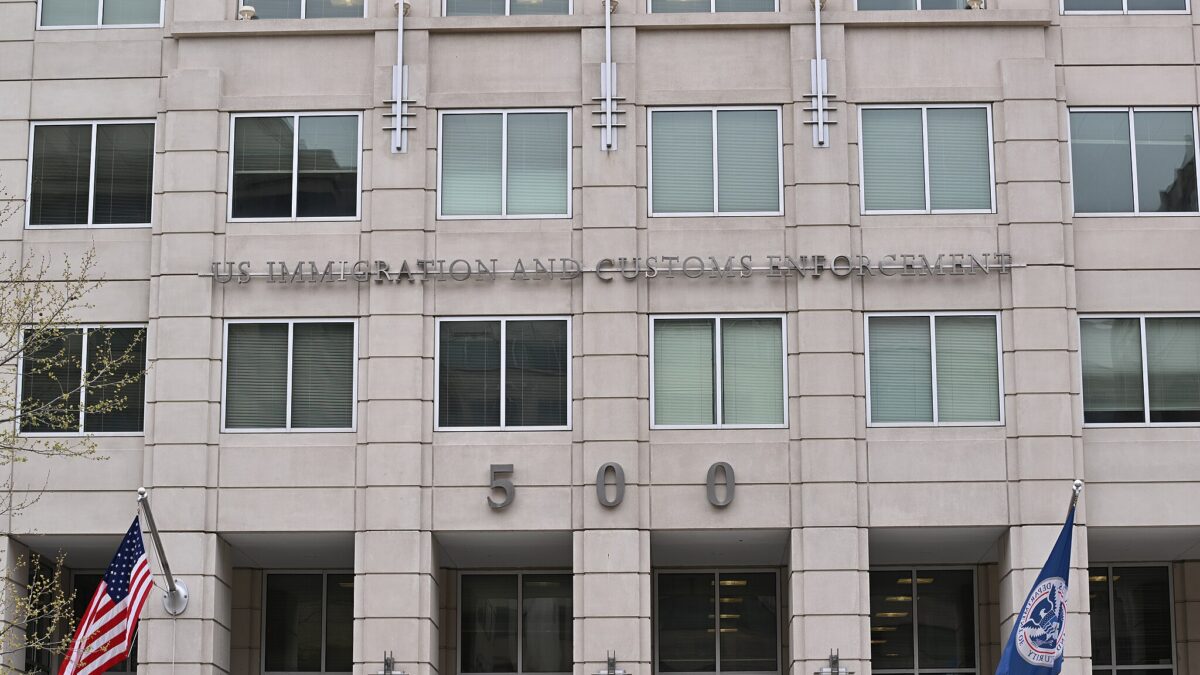In honor of the 25th anniversary of Clarence Thomas’s nomination to the Supreme Court today, here’s a recap of seven of the justice’s greatest quotes from the last 25 years.
- “In my mind, government-sponsored racial discrimination based on benign prejudice is just as noxious as discrimination inspired by malicious prejudice.” — concurring opinion in Adarand Constructors v. Pena
Thomas’s early years growing up under Jim Crow in the South shaped his opposition to racial discrimination, but so did his struggle to get a job after graduating from Yale Law School—when he faced assumptions that he’d only made it through Yale due to affirmative action. He’s well-known for his commitment to a color-blind Constitution and for vehemently opposing affirmative action.
- “What I tell my law clerks is that we write these [opinions] so that they are accessible to regular people. That doesn’t mean that there’s no law in it. But there are simple ways to put important things in language that’s accessible. As I say to them, the beauty, the genius is not to write a five-cent idea in a ten-dollar sentence. It’s to put a ten-dollar idea in a five-cent sentence.”
As Thomas told students at Harvard Law School in 2013, he strives to make the law accessible to the rank-and-file American, his opinions being, on average, 25 percent shorter than those of his colleagues.
- “Good manners will open doors that the best education cannot.”
The justice is known for his courtesy and humility. His clerks note that he knows everyone in his office by name, down to the janitor.
- “This is a circus. It’s a national disgrace. And from my standpoint, as a black American, it is a high-tech lynching for uppity blacks who in any way deign to think for themselves, to do for themselves, to have different ideas, and it is a message that unless you kowtow to an old order, this is what will happen to you. You will be lynched, destroyed, caricatured by a committee of the U.S. Senate rather than hung from a tree.”
The confirmation hearing of Thomas’s nomination to the Supreme Court was marred by the infamous sexual assault charges of Anita Hill, who had worked with Thomas during his days at the Equal Employment Opportunity Commission. Thomas called the situation a disgraceful case of racism—public slander of an African-American because he didn’t share the liberal outlook he was expected to have.
- “If the Federal Government can regulate growing a half-dozen cannabis plants for personal consumption (not because it is interstate commerce, but because it is inextricably bound up with interstate commerce), then Congress’ Article I powers – as expanded by the Necessary and Proper Clause – have no meaningful limits.”
Thomas is a conservative Supreme Court justice—even when that means ruling against conservative public policy. Personally, Justice Thomas does not encourage marijuana use. Nevertheless, he ruled against Congress’s ability to regulate it in the medical marijuana case Gonzalez v. Raisch because such regulation would have disregarded constitutional limits on Congress’ power.
- “Ms. Eisenstein, one question. This is a misdemeanor violation. It suspends a constitutional right. Can you give me another area where a misdemeanor violation suspends a constitutional right?”
In February, newspapers exploded when Justice Thomas broke a decade of silence in court to ask this question during a minor case. Thomas, often called “a silent justice” for his reluctance to speak in court, speaks out when needed—in this case, over a concern that constitutional rights (in this case, Second Amendment rights) were not being taken seriously.
- “The Court’s decision today is at odds not only with the Constitution, but with the principles upon which our Nation was built. Since well before 1787, liberty has been understood as freedom from government action, not entitlement to government benefits.” — dissenting opinion in Obergefell v. Hodges
Thomas is willing to be “a great dissenter” as often as necessary to defend constitutional principles. In his very first sitting as Supreme Court judge, he was willing to be the sole dissenter three times in conference—a trend that has only continued.
Thomas’s first 25 years in court have been marked by skepticism of the administrative state, commitment to conservative values, and a faithful originalist interpretation of the Constitution. Here’s to another 25 years on the Supreme Court for Justice Thomas.
Correction: An earlier version of this article stated Thomas attended Harvard Law. It was Yale Law.
